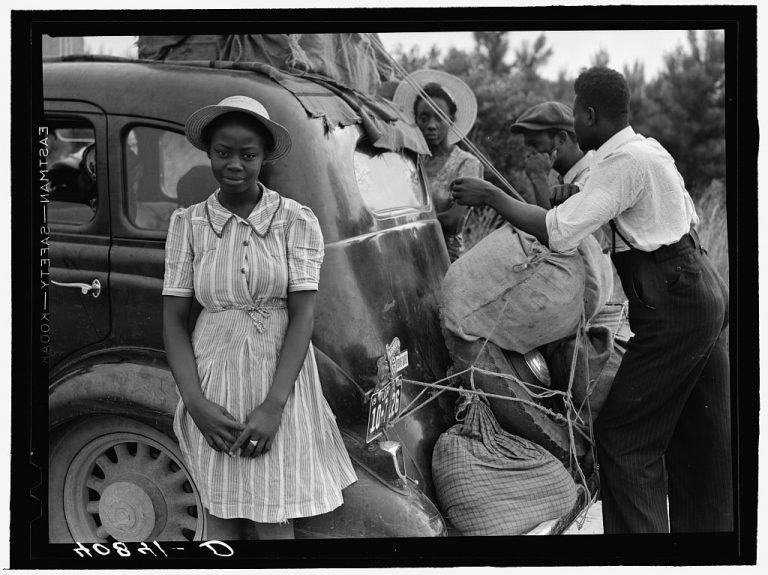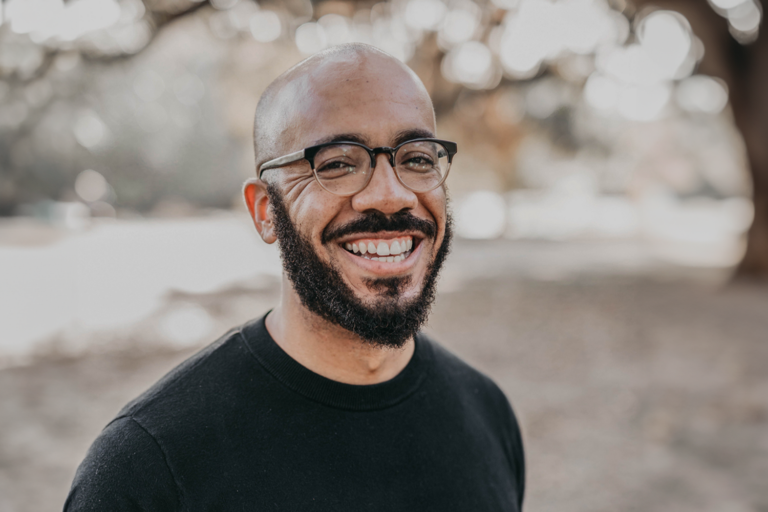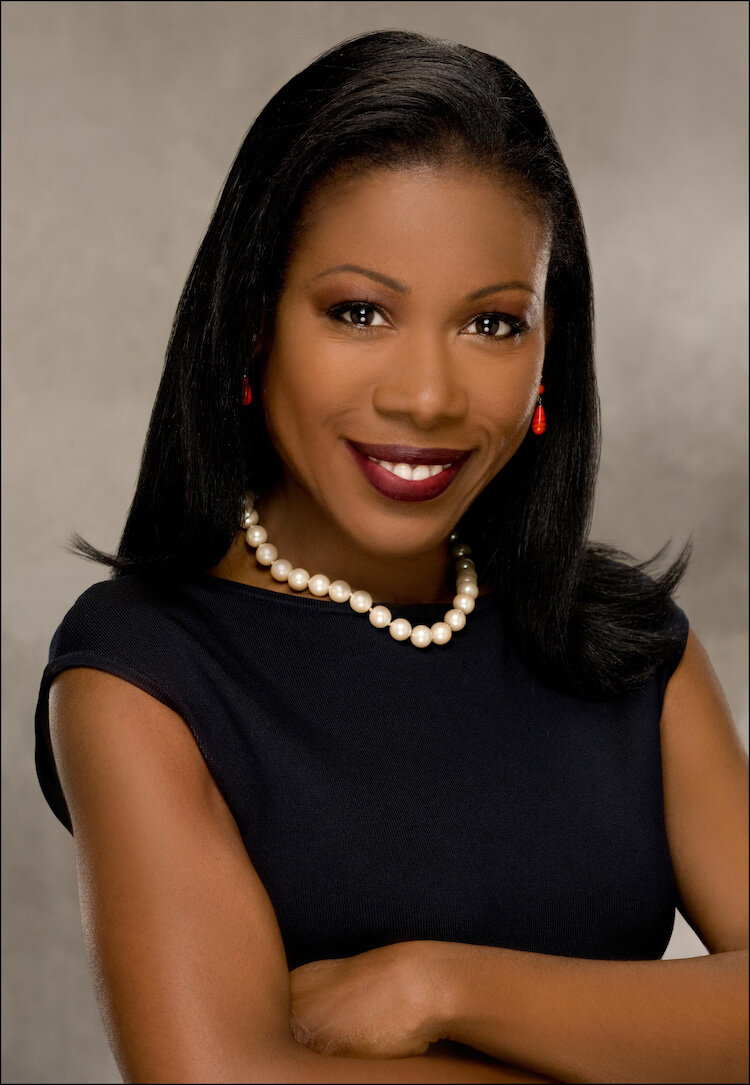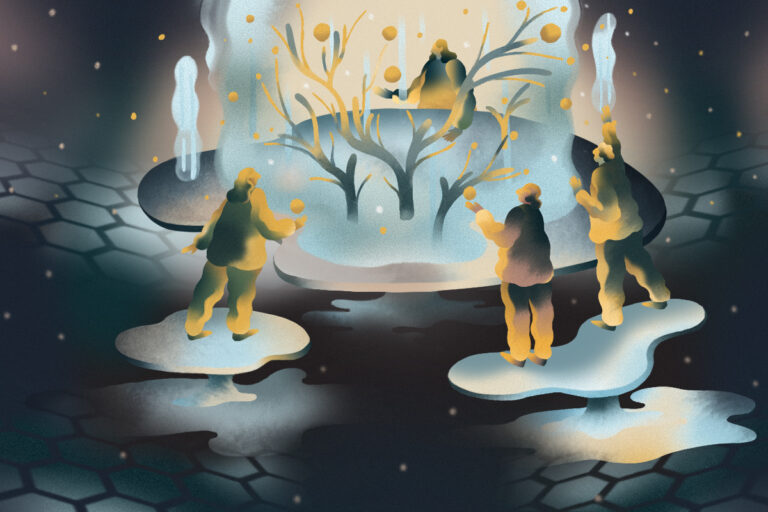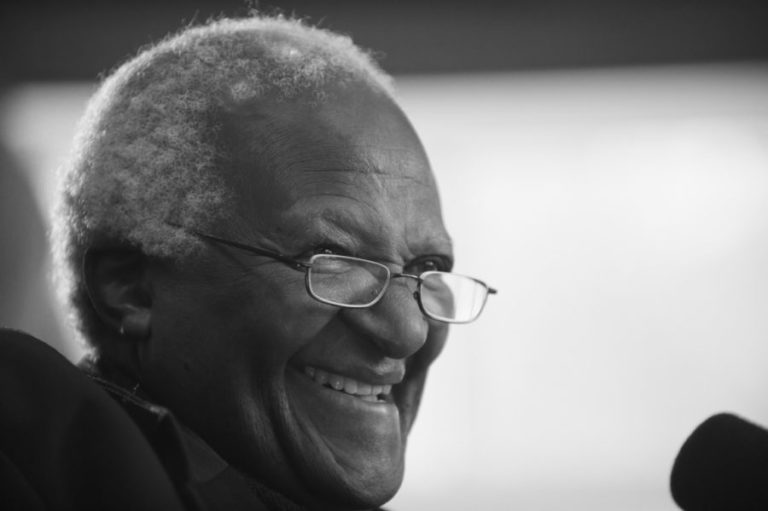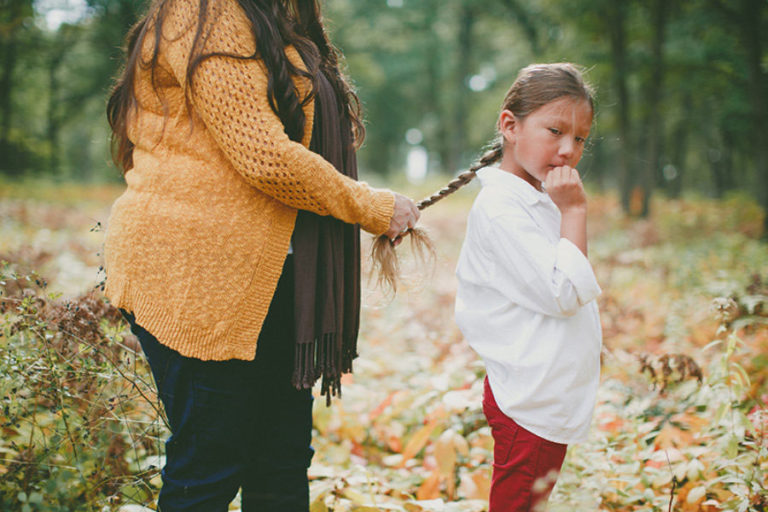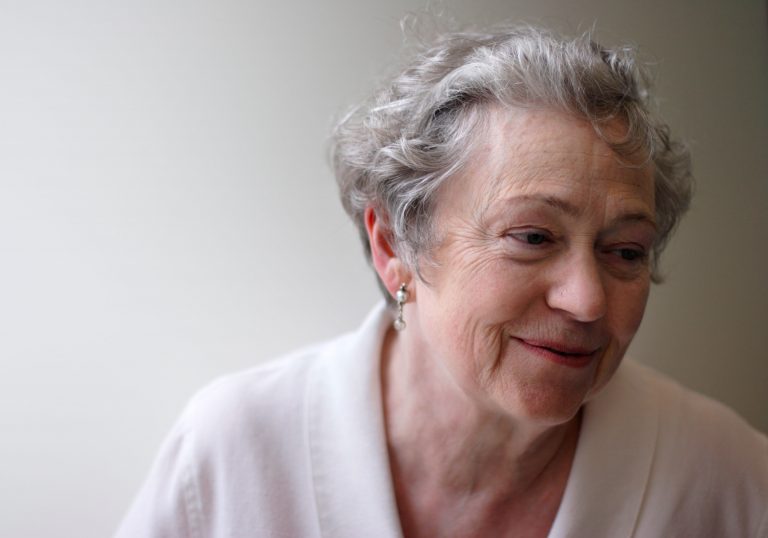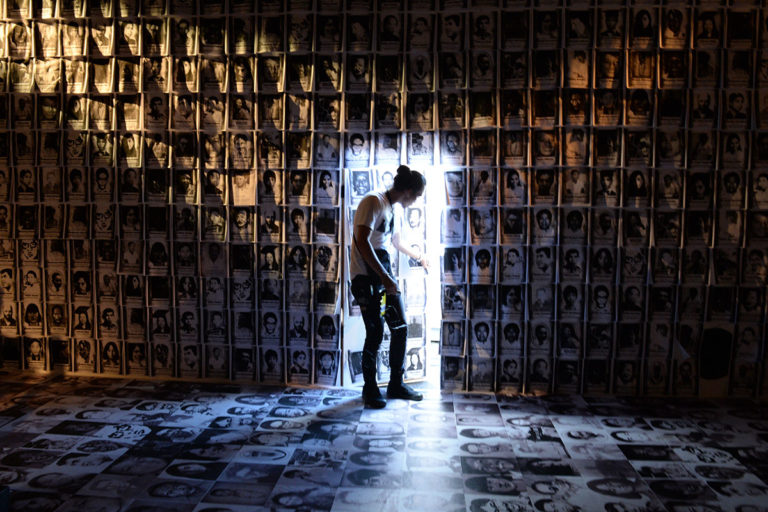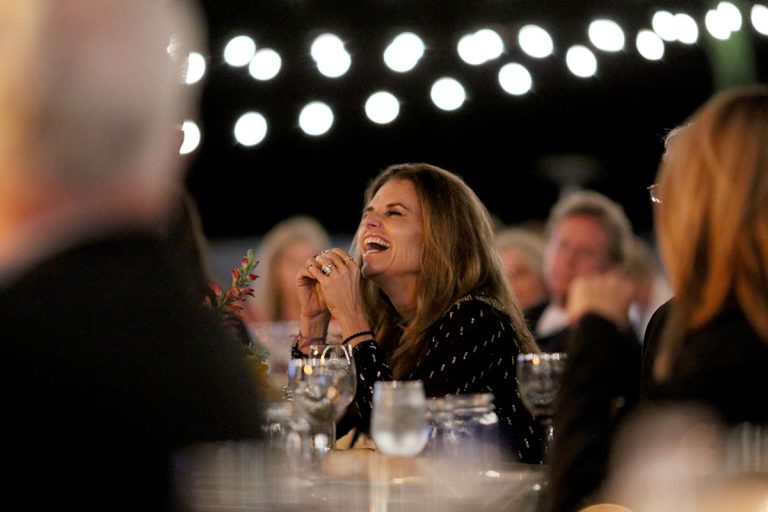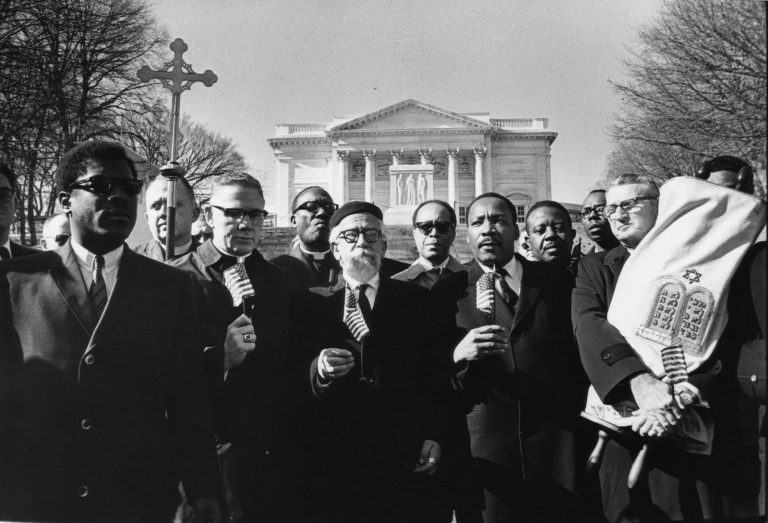Go to the doctor and they won’t begin to treat you without taking your history — and not just yours, but that of your parents and grandparents before you. Pulitzer Prize-winning journalist Isabel Wilkerson points this out as she reflects on her epic work of narrative nonfiction, The Warmth of Other Suns. She’s immersed herself in the stories of the Great Migration, the movement of six million African Americans to northern U.S. cities in the 20th century. The book is a carrier of histories and truths that help make sense of human and social challenges at the heart of our life together now.
History
Featured Items
Layli Long Soldier is a writer, a mother, a citizen of the United States, and a citizen of the Oglala Lakota Nation. She has a way of opening up this part of her life, and of American life, to inspire self-searching and tenderness. Her award-winning first book of poetry, WHEREAS, is a response to the U.S. government’s official apology to Native peoples in 2009, which was done so quietly, with no ceremony, that it was practically a secret. Layli Long Soldier offers entry points for us all — to events that are not merely about the past, and to the freedom real apologies might bring.
View
- List View
- Standard View
- Grid View
19 Results
Filters
This phrase recurs throughout Clint Smith’s writing: “in the marrow of our bones.” It is an example of how words can hold encrypted wisdom — in this case, the reality that memory and emotion lodge in us physically. Words and phrases have carried this truth forward in time long before we had the science to understand it.
Clint Smith is best known for his 2021 book, How the Word Is Passed, but he is first and foremost a poet. He and Krista discuss how his various life chapters have been real-world laboratories for him to investigate the entanglement between language and the intelligence of the body — and the related entanglement between history and place. His poetic sensibility has singularly opened readers to approach a generative reckoning with American history — on whatever side of that history our ancestors stood.
Clint Smith has a way of making reckoning possible at a humanizing, softening, bodily level — in the marrow, you might say, of our bones.
March 9, 2023
Isabel Wilkerson
“We all know in our bones that things are harder than they have to be.”
In this rich, expansive, and warm conversation between friends, Krista draws out the heart for humanity behind Isabel Wilkerson’s eye on histories we are only now communally learning to tell — her devotion to understanding not merely who we have been, but who we can be. Her most recent offering of fresh insight to our life together brings “caste” into the light — a recurrent, instinctive pattern of human societies across the centuries, though far more malignant in some times and places. Caste is a ranking of human value that works more like a pathogen than a belief system — more like the reflexive grammar of our sentences than our choices of words. In the American context, Isabel Wilkerson says race is the skin, but “caste is the bones.” And this shift away from centering race as a focus of analysis actually helps us understand why race and racism continue to shape-shift and regenerate, every best intention and effort and law notwithstanding. But beginning to see caste also gives us fresh eyes and hearts for imagining where to begin, and how to persist, in order finally to shift that.
Isabel and Krista spoke in Seattle before a packed house at Benaroya Hall, at the invitation of Seattle Arts & Lectures.
[Content Advisory: Beginning at 21:16, there is a discussion of Nazi terminology and a quotation from Hitler with an epithet that is offensive and painful. We chose to include this language to illustrate the heinous nature of the history being discussed and Hitler’s admiration for it.]
When time becomes history, different dynamics come into focus than the ones that are at any moment screaming for attention. The title of Gal Beckerman’s book intrigues and compels: The Quiet Before. He’s a journalist with a special interest in history and words and ideas — how ideas are passed and debated and become defining in generational time; how conversation becomes culture-shifting relationship. He attends to dynamics we don’t often take seriously enough: that every idea and discovery that changes the world begins with seeds planted over long stretches, and that this is always marked by passages that look like abject failure. Gal’s conversation with Krista offers fantastically useful insights into how our generation’s media that can scale things more rapidly than ever before can also inhibit the very ingredients that make for lasting transformation. At the same time, this lens on our world refreshes with its perspective on the way change happens, as opposed to mere disruption — the reality that our lives and actions below the radar hold the possibility of being more generative than we can measure.
The remarkable Archbishop Emeritus of Cape Town and Nobel Laureate died in the closing days of 2021. He helped galvanize South Africa’s improbably peaceful transition from apartheid to democracy. He was a leader in the religious drama that transfigured South African Christianity. And he continued to engage conflict well into his retirement, in his own country and in the global Anglican communion. Krista explored all of these things with him in this warm, soaring 2010 conversation — and how Desmond Tutu’s understanding of God and humanity unfolded through the history he helped to shape.
Layli Long Soldier is a writer, a mother, a citizen of the United States, and a citizen of the Oglala Lakota Nation. She has a way of opening up this part of her life, and of American life, to inspire self-searching and tenderness. Her award-winning first book of poetry, WHEREAS, is a response to the U.S. government’s official apology to Native peoples in 2009, which was done so quietly, with no ceremony, that it was practically a secret. Layli Long Soldier offers entry points for us all — to events that are not merely about the past, and to the freedom real apologies might bring.
December 31, 2020
Mary Catherine Bateson
Living as an Improvisational Art
Underpinning all the great challenges of our time there is the human drama, the human condition. And as we move beyond 2020, we turn to Mary Catherine Bateson to help us understand the puzzle of being ourselves, of rising to our best capacities and gifts, in all of our complexity and strangeness. She is the daughter of the great anthropologists Margaret Mead and Gregory Bateson, and she is a linguist and anthropologist herself.
Marilyn Nelson is a storytelling poet. She has taught poetry and contemplative practice to college students and West Point cadets. She brings a contemplative eye to ordinary goodness in the present and to complicated ancestries we’re all reckoning with now. And she imparts a spacious perspective on what “communal pondering” might mean.
Go to the doctor and they won’t begin to treat you without taking your history — and not just yours, but that of your parents and grandparents before you. Pulitzer Prize-winning journalist Isabel Wilkerson points this out as she reflects on her epic work of narrative nonfiction, The Warmth of Other Suns. She’s immersed herself in the stories of the Great Migration, the movement of six million African Americans to northern U.S. cities in the 20th century. The book is a carrier of histories and truths that help make sense of human and social challenges at the heart of our life together now.
We must shine a light on the past to live more abundantly now. Historian Annette Gordon-Reed and painter Titus Kaphar lead us in an exploration of that as a public adventure in this conversation at the Citizen University annual conference. Gordon-Reed is the historian who introduced the world to Sally Hemings and the children she had with President Thomas Jefferson, and so realigned a primary chapter of the American story with the deeper, more complicated truth. Kaphar collapses historical timelines on canvas and created iconic images after the protests in Ferguson. Both are reckoning with history in order to repair the present.
April 4, 2019
Maya Angelou, Elizabeth Alexander, and Arnold Rampersad
W.E.B. Du Bois and the American Soul
A prolific writer on sociology, history, economics, and politics, W.E.B. Du Bois was one of the most extraordinary minds of American and global history. His life traced an incredible arc; he was born three years after the end of the Civil War and died on the eve of the March on Washington. In 1903, he penned the famous line that “the problem of the 20th century is the problem of the color line.” Du Bois was a formative voice for many of the people who gave us the civil rights movement and for all of us navigating the still-unfolding, unfinished business of racial justice now. We bring his life and ideas into relief through three conversations with people who were inspired by him.
Nothing is helping us more right now, as we watch human tragedies unfold on the U.S.-Mexican border and elsewhere, than a conversation Krista had last year with literary historian Lyndsey Stonebridge — on thinking and friendship in dark times. She applies the moral clarity of the 20th-century philosopher Hannah Arendt to now — an invitation to dwell on the human essence of events we analyze as political and economic. Our dramas of exile and displacement are existential, she says — about who we will all be as people and political community. What Arendt called the “banality of evil” was at root an inability to hear another voice.
Maria Shriver’s life is often summarized in fairy tale terms. A child of the Kennedy clan in the Camelot aura of the early 1960s. Daughter of Eunice Kennedy Shriver, who founded the Special Olympics, and Sargent Shriver, who helped found the Peace Corps. An esteemed broadcast journalist. First lady of California. This hour, she opens up about having a personal history that is also public history — and how deceptive the appearance of glamour can be. We experience the legendary toughness of the women in Maria Shriver’s family — but also the hard-won tenderness and wisdom with which she has come to raise her own voice.
September 21, 2017
Arnold Eisen
The Spiritual Audacity of Abraham Joshua Heschel
“In a free society, some are guilty, but all are responsible.” A mystic, a 20th-century religious intellectual, a social change agent, Rabbi Abraham Joshua Heschel marched alongside Martin Luther King, Jr., famously saying afterwards that he felt his legs were praying. Heschel’s poetic theological writings are still read and widely studied today. His faith was as much about “radical amazement” as it was about certainty. And he embodied the passionate social engagement of the prophets, drawing on wisdom at once provocative and nourishing.
For the Fourth of July, a refreshing reality check about the long road of American democracy. We remember forgotten but fascinating, useful history as we contemplate how we might help young democracies on their own tumultuous paths now.
January 23, 2014
Ursula King, Andrew Revkin, and David Sloan Wilson
Teilhard de Chardin's "Planetary Mind" and Our Spiritual Evolution
The coming stage of evolution, Teilhard de Chardin said, won’t be driven by physical adaptation but by human consciousness, creativity, and spirit. We visit with his biographer Ursula King, and we experience his ideas energizing New York Times Dot Earth blogger Andrew Revkin and evolutionary biologist David Sloan Wilson.
As some Lakota make an annual pilgrimage on horseback to Wounded Knee in memory of Sitting Bull’s death, we’ll pull out some of the lesser known threads of the legacy of this complex leader and American icon. And we’ll explore why his spiritual character has animated his own people in the last three decades more openly than at any time since his death in 1890.
The 13th-century Muslim mystic and poet Rumi has long shaped Muslims around the world and has now become popular in the West. Rumi created a new language of love within the Islamic mystical tradition of Sufism. We hear his poetry as we delve into his world and listen for its echoes in our own.
The Pause
Join our constellation of listening and living.
The Pause is a monthly Saturday morning companion to all things On Being, with heads-up on new episodes, special offerings, event invitations, recommendations, and reflections from Krista all year round.
Search results for “”
View
- List View
- Standard View
- Grid View
Filters
